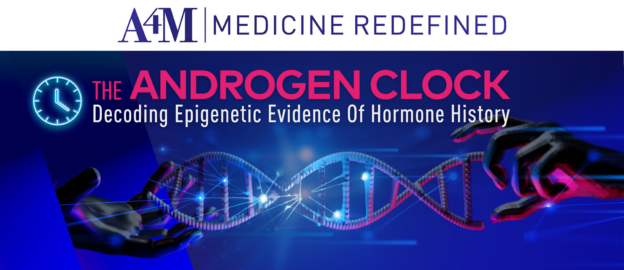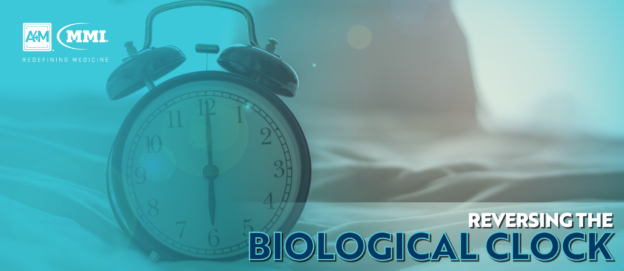Biological history encoded within DNA reveals crucial information about health trajectories, aging patterns, and disease risks. For decades, healthcare providers have relied on hormone testing methods that capture mere snapshots – transient measurements failing to reflect lifelong hormone interactions. As a result of this fundamental limitation, our understanding and treatment of hormone-related conditions affecting millions worldwide has remained profoundly incomplete, missing critical patterns of cumulative exposure that drive disease progression and accelerate aging processes.
Enter the androgen clock – a groundbreaking diagnostic innovation analyzing DNA methylation to establish comprehensive, long-term records of androgen exposure.



